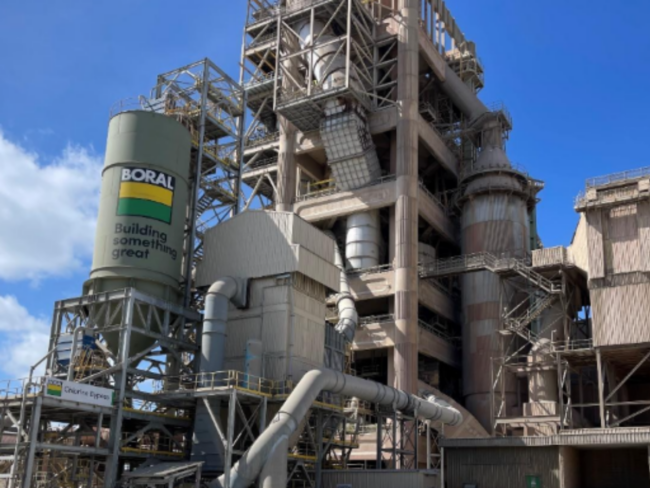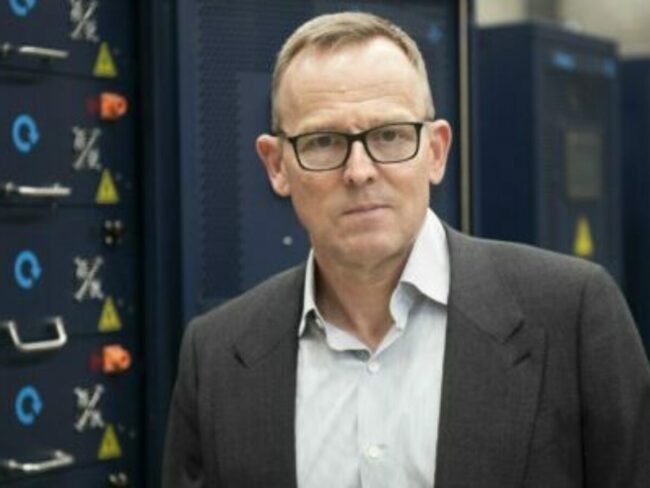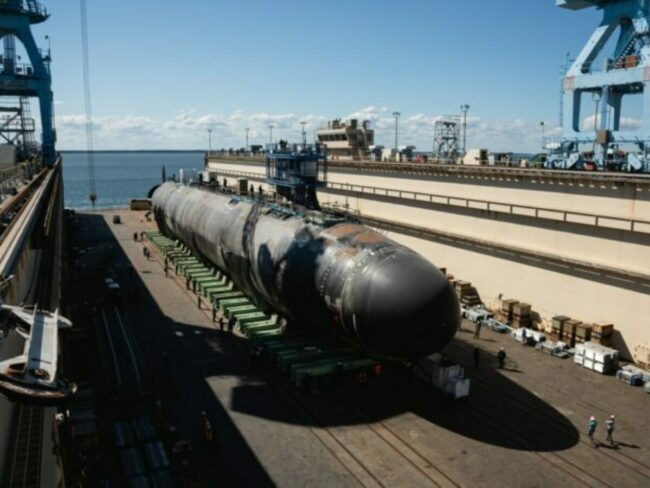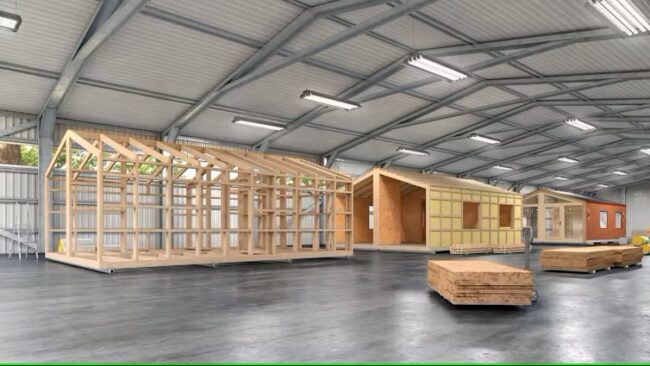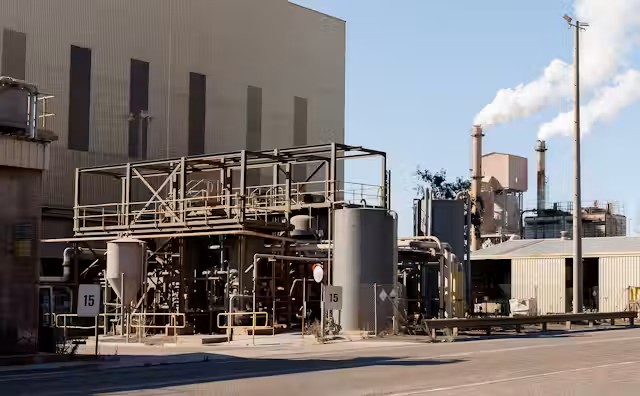Boral awarded $24.5 million grant for decarbonisation project at Berrima
Construction products company Boral has been awarded a $24.5 million grant from the federal government to assist in a new cement kiln infrastructure project, which it says will reduce carbon dioxide emissions by up to 100,000 tonnes per annum. Boral said in a statement on Friday that the kiln feed optimisation project at Berrima Cement…


